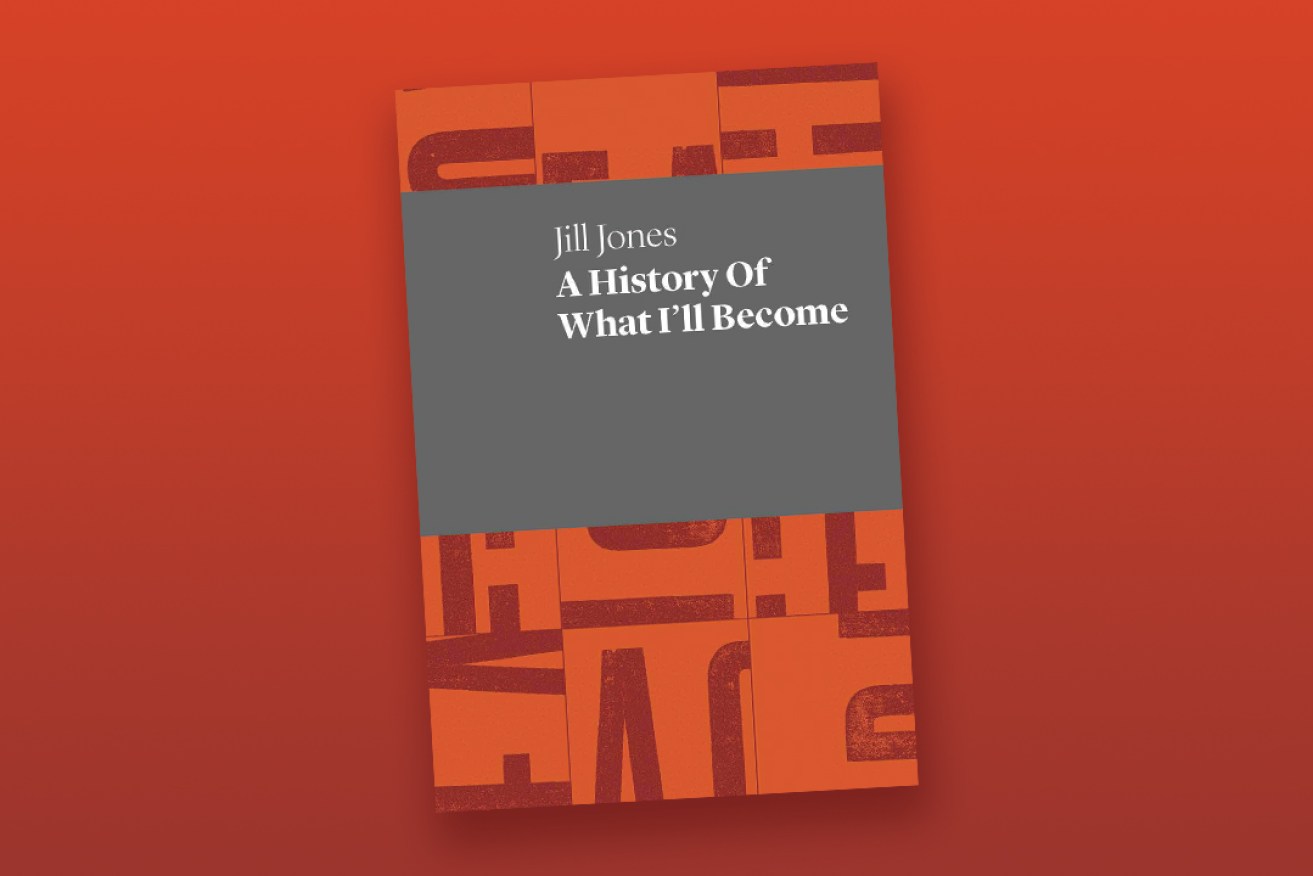Book review: A History of What I’ll Become
In the latest article in Writers SA’s literary criticism series A Year in Review, Bronwyn Lovell reviews poet Jill Jones’ A History of What I’ll Become – a book “as nostalgic for the past as it is alarmed by the future”.

As its title suggests, this latest collection from award-winning Australian poet Jill Jones looks back as it looks forward.
A History of What I’ll Become is a lyric exploration of living in the Anthropocene (“We know the ice is melting”) and ageing (“haven’t we all been dying”) amid anthropogenic climate change (“Are poems becoming hotter and darker like the world?”). It is as nostalgic for the past (“such wasted perfect time”) as it is alarmed by the future (“How have the bees planned / to stop being so dead”); it is a product of the existential anxiety of the present, expressing grief for what has been lost as well as what will be lost, both locally and globally, personally and commonly (“Already I’m missing / what I miss. I miss most / that world’s dirty air”).
There is no hint of the didactic or virtuous in Jones’ ecopoetics. The speaker of these poems recognises herself as complicit (“Who has met their trash and forgiven it?”), as part of the capitalist system (“this abundance this consumptive force begging the future”), and a species that has gorged planetary resources (“I am a history of deep time and deep shit / a history of what was fat in the land / a history of very thin ice”).
These poems forecast an already disintegrating future, whose arrival is imminent (“Whatever darkness is / it’s almost here”). However, an acrostic towards the end of the book presents an unexpected call to action, suggesting perhaps that some things may still be saved, although the urgency is clear (“I’ve smelt smoke all morning”).
H huon pine
E eucalypt
L lemon
P plum
U ulmus
S silky oak
Contrary to the popular historical tradition of nature writing, wherein the lone white male encounters the wilderness, Jones’ ecofeminist perspective situates the speaker of these poems inextricably within nature, an integral part of the matrix of living beings (“I know I was once inside / a seed and another seed tiny footless / and waiting”).
Jones rejects an anthropocentric perspective and recognises the crucial significance of biodiversity in the microbial realm (“the life forms on my skin greater / than earth’s population”). Furthermore, nature is not presented as pristine or unsullied, but thriving in unidyllic urban underbellies (“Life goes on in carparks / toilet blocks / drains, malls, the food courts”). These poems do not shrink from the unsavoury (“body funk / gravemulch”).
This collection interlaces the immense and the infinitesimal, weaving the domestic (“We hope the temperature lets our clothes dry, though / too many days here have been dry”) with the epic (“everything falls / cities & repute summer apricots / a small white plate / rain on the gulf”), moving in scope from the soil below (“pink and purple blossoms / rot on the footpath”) to the planets above (“comets out there in the great galaxies”) and everything hallowed and unholy between (“a McDonald’s sign, the snaking freeway / polluted dusk / its black vegetation”).
The book opens with the assertion “Breath is all I have”, and global warming is not the only threat to this fragile existence (“In the dark men will kill you”). These poems illuminate the perilous position of being female, particularly in a coming apocalypse (“the city of last women standing”). A History of What I’ll Become is especially interested in the contested space of the queer female, with the disconcerted speaker navigating the peculiar landscape of her body (“we look for our vertebrae / our balance”), her city (“buildings look like distant trees”), her recollections (“Are memories always green”), and her rights (“It’s the way I have to fix things / by painting a sign. ‘I can’t believe / I still have to protest this fucking shit’”).
With A History of What I’ll Become, Jones offers a sensory and emotional exploration of “passing as a human” in the “everstruggle” of “lifedeathlife”, and “a voice, defiant as / the crushed but beating world”.
A History of What I’ll Become is published by the University of Western Australia Publishing.
Dr Bronwyn Lovell is a recipient of the Val Vallis Award for poetry and teaches creative writing at the University of South Australia.
——————
A Year in Review is an initiative by Writers SA, with assistance from the Australia Council of the Arts, to produce a series of book reviews published in InDaily over the next 12 months.
The reviews will focus on titles published during the pandemic, highlighting the work of Australian authors and publishers during this difficult time for the sector, and giving literary critics an outlet for their work that supports a strong culture of reading.
See previously published reviews here.




